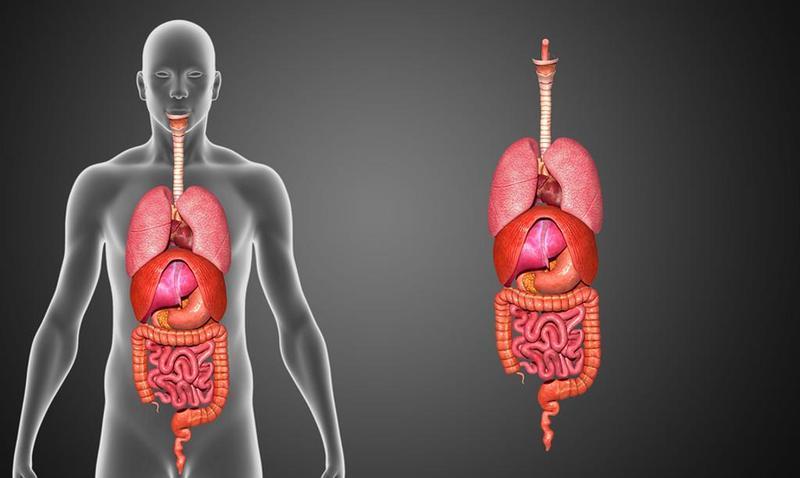5 Tips to Improve Your Digestion
5 Tips to Improve Your Digestion
Do you inhale your food? Are you so busy that even chewing seems like a luxury? Here are some tips on improving digestion:
Tip #1: Cover the Basics
Basic 1: Chew, Chew, Chew
Take smaller bites.
Put your fork down in between bites.
Try using chopsticks - it forces you to slow down.
Thoroughly chew each bite of food.
Carbohydrate digestion begins in the mouth - chewing grains thoroughly allows amylase, the digestive enzyme present in saliva, to digest the grains.
Basic 2: Get Enough Water
Insufficient water intake is a primary cause of constipation. Constipation then causes an imbalance in bacteria, promotes inflammation of the intestinal lining, and can even lead to the absorption of larger molecules, a condition known as intestinal permeability. 5 Ways to Boost Your Water Intake.
Basic 3: Increase Your Dietary Fiber
Good sources of dietary fiber include:
Dried fruit, such as dates, figs, and prunes
Beans and legumes- if you don’t have time to cook dried beans, buy canned, but make sure you rinse them thoroughly before cooking. Lentils and split peas are less gas-forming than other legumes.
Bring an apple with you to work as a snack
Ground flaxseeds are a gentle laxative. They can be useful for chronic constipation, damage to the intestine wall from laxative use, irritable bowel, and to soothe inflammation. Sprinkle ground flaxseeds on rice, grains, salads, or any other meal of your choice.
Tip #2: Practice Mindful Eating
A pilot study at Indiana State University found that mindfulness, including specific instructions to slowly savor the flavor of food and be aware of how much food is enough, helped to reduce eating binges from an average of four binges per week to one and a half.
Eat in the moment. Savor every bite, enjoying the flavors, textures, and smells of your meal.
Buy fresh flowers to put on the dining table.
Use smaller cutlery so that you eat less with each bite.
Create a beautiful atmosphere - dim the lights, play music and light candles.
Tip #3: Address Food Sensitivities and Allergies
Food sensitivities are behind many digestive disorders. For example, between 33% and 66% of IBS patients report having one or more food intolerances, resulting in bloating, gas, and pain. The most common culprits are milk and dairy (40-44%) and grains (40-60%).
A trained practitioner can supervise an elimination diet. Many foods are removed from the diet for a brief period of time, then re-introduced sequentially to isolate the body’s reaction to the offending foods.
Tip #4: Increase Good Gut Bacteria
Not all bacteria is bad. There are over 400 different kinds of bacteria and yeasts in the digestive system. Of these, the bacteria Lactobacillus acidophillus and Bifidobacterium bifidum are considered good “probiotic” bacteria because they can help to maintain intestinal health.
Acidophilus and Other Probiotics.
Although good bacteria can be found in some yogurt, there is a wide variation in the quantity and quality. Look for good quality organic yogurt that add the active cultures after pasteurization, because this heat process destroys both good and bad bacteria.
Supplements containing acidophilus and bifidobacteria can be found in health food stores. They are especially helpful for the following conditions:
Irritable bowel syndrome
Diarrhea
Gas, bloating, flatulence
Recurring vaginal yeast infections
Bad breath
Tip #5: Supplement to Restore Digestive Health
Enteric-Coated Peppermint Oil - Peppermint oil can reduce abdominal pain, bloating, and gas.
Digestive Enzymes - Enzyme supplements are believed to support the body’s own digestive enzymes to aid digestion and help with other disorders stemming from poor digestion.
By Cathy Wong For Very Well
Be the first to post a message!
